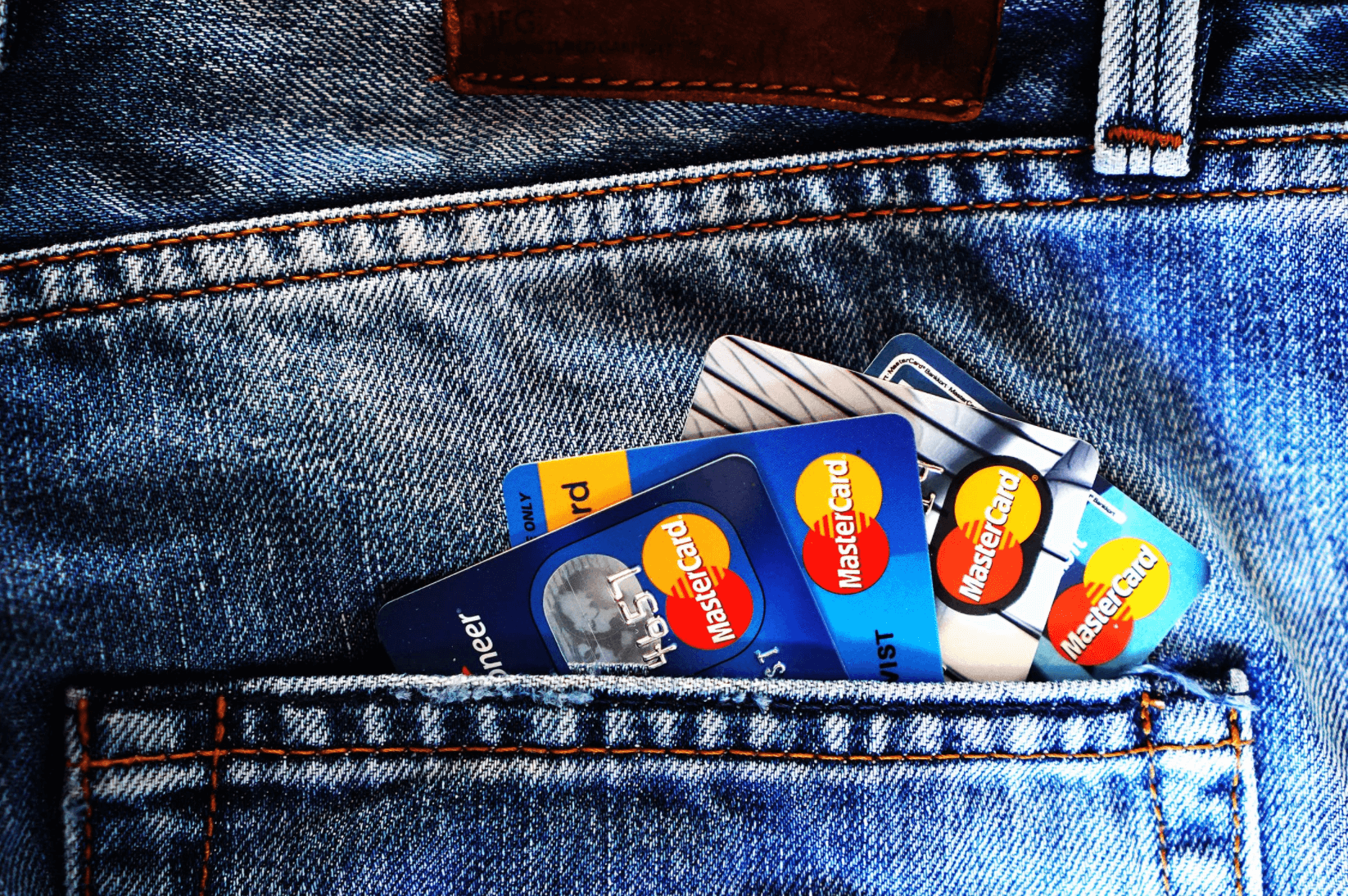What is Identity Theft
The world has become a scary place when it comes to data protection, and identity theft is a perfect example of a worst-case scenario! Check out this post to understand the difference between identity theft and fraud, how to best protect yourself and what to do if the worst does happen.
Identity theft vs Identity fraud
Identity theft and identity fraud are two terms that can often be used interchangeably but they do have slightly different definitions. Identity theft occurs when someone accesses enough of your personal information, without your permission, to commit identity fraud. Identity fraud is defined as the act of using that stolen information to obtain goods or services. That could cover anything from applying for credit cards, state benefits, phone contracts or opening a bank account to getting official documentation, like a passport, in your name. Both identity theft and fraud are scary prospects and you often won’t find out something has gone wrong until you get an invoice for spending that isn’t yours…!
How to protect yourself against identity fraud
There are a few key things you can do to protect yourself against identity fraud. To access a more comprehensive guide, check out the National Fraud and Cyber Crime resources here.
- Your information can be lifted from anywhere- including your rubbish! Simple prevention here is to make sure you shred anything with your name, address or financial details on it.
- It’s good practice to be on top of your finances generally, but you should check your bank statements carefully each month to make sure there aren’t any suspicious activities on there.
- If a bank or credit card statement you’re expecting doesn’t arrive, ensure you follow up and inform your bank
- Never reveal your full password or account number to an unsolicited caller, even if they appear to be your bank. Remember- your bank will never ask for your PIN, whole security number or whole password!

What to do if you’ve been targeted?
Don’t panic if you think you’ve been a victim of identity fraud- the most important thing is to act quickly. Tempting though it may be, ignoring it won’t make it go away. Those fees and debts someone else is building up ultimately is ending up in your name - and damaging your credit score.
- If you think someone has gotten a hold of your card or bank details, you should report it to your bank ASAP. They will then be responsible for investigating the activity and reporting it to the police.
- If you think you’ve been a victim of a different kind of identity fraud, like someone using your information for a passport or drivers licence, you should report it to the relevant organisation (e.g. DVLA). Depending on their advice, you may then need to report the matter to your local police force.
- If you find suspicious activity when you’re checking your credit reports, contact the organisation the payment was sent to immediately. Make sure you keep a record of everyone you speak to and when as well as copies of all correspondence.
If you’re unsure of who to call, contact Action Fraud for advice (either online here or by telephone at 0300 123 2040).






